<Report from overseas office> [Vietnam] Corona's trip to Vietnam: A report on the experience from preparation for departure to life in isolation
- Release date: Nov 26, 2020
- 11541 Views
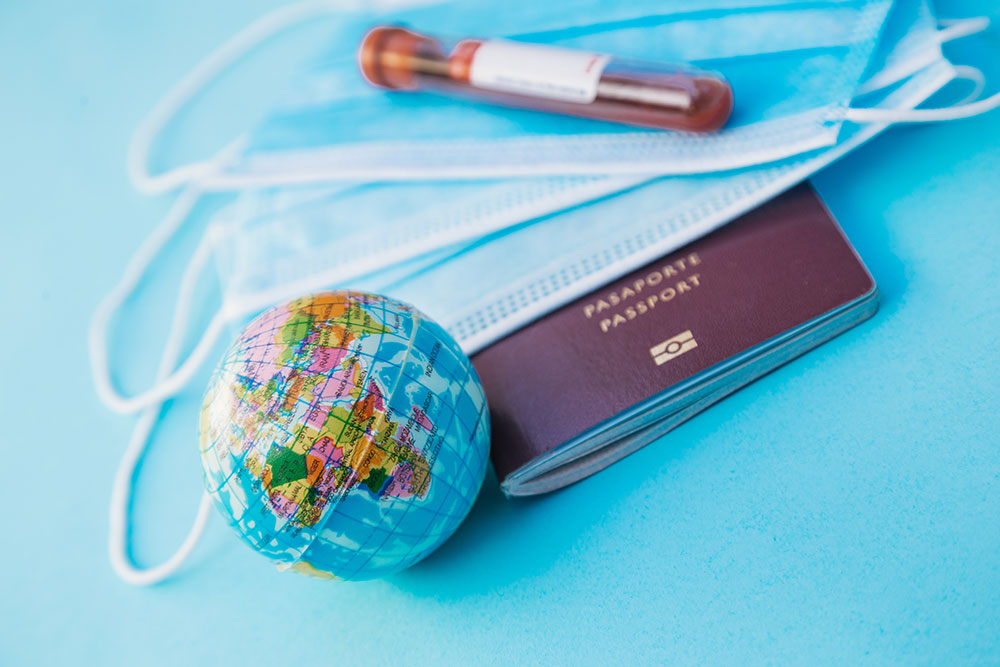
Introduction.
The number of infected people in Vietnam is low compared to other ASEAN countries, with a cumulative total of 1,134 infected people and zero people infected in the city for more than a month. (As of October 16, 2020)In response to this situation, the Japanese government has raised the risk of infectious disease information for nine countries in the Asia Pacific region (Vietnam, South Korea, Singapore, Thailand, Taiwan, China (including Hong Kong and Macao), Brunei, Australia, and New Zealand) from Level 3, which corresponds to a travel advisory, to Level 2, which corresponds to a travel suspension advisory. (Thailand, Taiwan, China (including Hong Kong and Macau), Brunei, Australia, and New Zealand) from Level 3, which corresponds to a travel advisory to stop travel, to Level 2, which corresponds to a travel advisory to refrain from unnecessary and urgent travel. As a result, it will be easier to conduct necessary business trips to some parts of Asia and the Pacific.
Business trips to Asia are expected to increase in the future. In this column, I will report on my experience of traveling with the Corona disaster when I was assigned to Vietnam in July.
Preparing to Leave the Country
My assignment to Vietnam was decided in July, but I was not actually able to go until the end of September.Here are some of the twists and turns during this time.
The major steps are as follows.
Apply for an entry permit to the Ho Chi Minh City People's Committee
↓ (if permission is granted)
Immigration office issues an invitation number
↓.
Obtain a visa at the Vietnam Embassy
↓Get visa at Vietnam embassy.
Prepare documents necessary for travel (PCR test negative certificate, etc.)
I will explain in chronological order why this took about 3 months.
July-August: [Response at the time] Special flights & quarantine at a facility prepared by the government
In the beginning, the Japanese Chamber of Commerce and Industry (JCCI) and other organizations submitted the list of applicants in bulk, rather than individuals, due to the lack of acceptance system and special flights.
I submitted my travel request to the JCCI, but I was not selected as the number of applicants was almost double the capacity of the quarantine facility.
It seems that priority was given to executives of large companies and highly skilled professionals who were temporarily returning to Japan with work permits.
Early September: Due to the establishment of the acceptance system on the Vietnamese side and the increase in special flights, the application was changed to an individual application. With this change, I started preparing in earnest.
First week of September: Arranged plane ticket and hotel for isolation, applied for entry permit to Ho Chi Minh City People's Committee.
Second week of September: Obtained an invitation number from the Immigration Bureau and obtained a visa from the Vietnamese Consulate in Osaka.
September 28: Take PCR test and obtain negative certificate (test must be taken 5 days prior to entry date and negative certificate must be obtained at least 3 days prior to entry date)
September 30: Travel
After receiving permission to enter the country, we were able to leave the country quickly, in about two weeks.
The hardest part of the procedure was that there was no clear guidance on how to apply for and obtain an entry permit.
When I inquired about entry permits, the only answer I received was that "you need to have special skills to get one", and I had no idea how to get one.
In the end, I got a special flight information from the airline.
In the end, I received a special flight information from the airline, and I finally understood what kind of documents I should collect from the airline.
Also, one week before my trip, the date for issuing the negative PCR certificate was changed from 5 days to 3 days, and I was swamped by the changing regulations and lack of clarity in the regulations.
Also, in Ho Chi Minh City, you need an entry permit from the Ho Chi Minh City People's Committee.
I also heard that in other areas, the provincial People's Committee does not issue entry permits, and expatriates are still not allowed to enter the country.
The difference between provinces is another factor that makes it difficult to gather information.
For your information, the documents required for entry are as follows
(1) A copy of the permit from the Provincial People's Committee
(2) A copy of the letter of approval for VISA issuance from the Immigration Bureau.
(3) A copy of the quarantine instructions (hotel reservation, transportation arrangements to the hotel, etc.)
(4) Proof of negative PCR test (Real Time-PCR)
(5) A document confirming that "the company (you) will bear the medical expenses in case of PCR test positive after entry".
6) Means of transportation to the quarantine facility after entry (vehicle number, driver's name, and driver's cell phone number)
7) Online medical declaration (https://tokhaiyte.vn/) within 24 hours before entry.
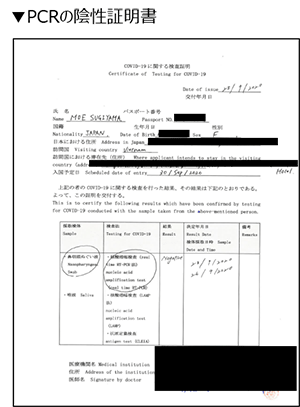
The day of departure
My itinerary was Kansai Airport → Narita Airport → Tan Son Nhat International Airport (Ho Chi Minh City).The deserted airport had a strange atmosphere.
On board the plane, I was instructed to wear protective clothing, but I only wore a mask.
Once we arrived at the airport, we submitted the necessary documents, including a PCR negative certificate, and entered the country. I had heard that it would take several hours to go through the immigration process, but it was smooth and we were in the country in about 30 minutes.
Dozens of buses were waiting at the exit of the airport, and we moved directly to the hotel.
At the hotel, our luggage was thoroughly disinfected, and we moved to our room immediately after completing the minimum procedures.
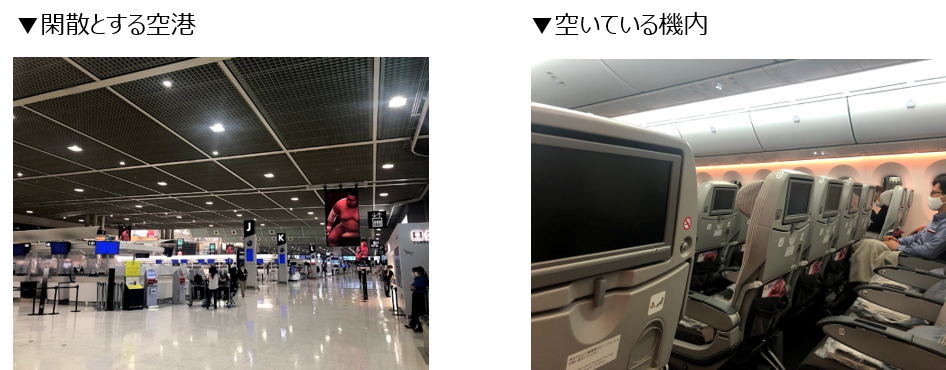
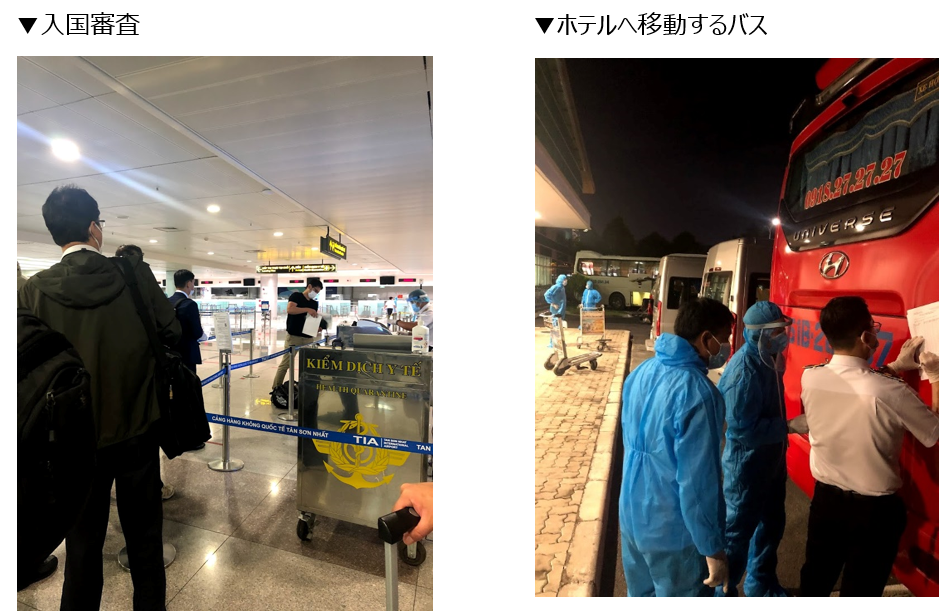
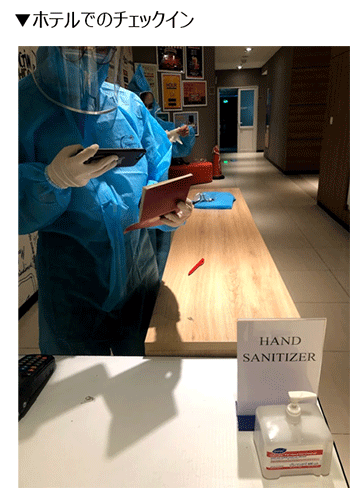
Insulated Living
The quarantine at the hotel was for 12 days and the cost was to be borne by the traveler.Upon arrival at the hotel, we were not allowed to leave the room at all and there was no cleaning.
Towels and other amenities and food were placed in front of the room and we were notified by a strong knock on the door. If you need anything, you can call the hotel's front desk and ask them to take care of it.
My body temperature was taken twice a day, and I had a PCR test after arrival and the day before checkout.
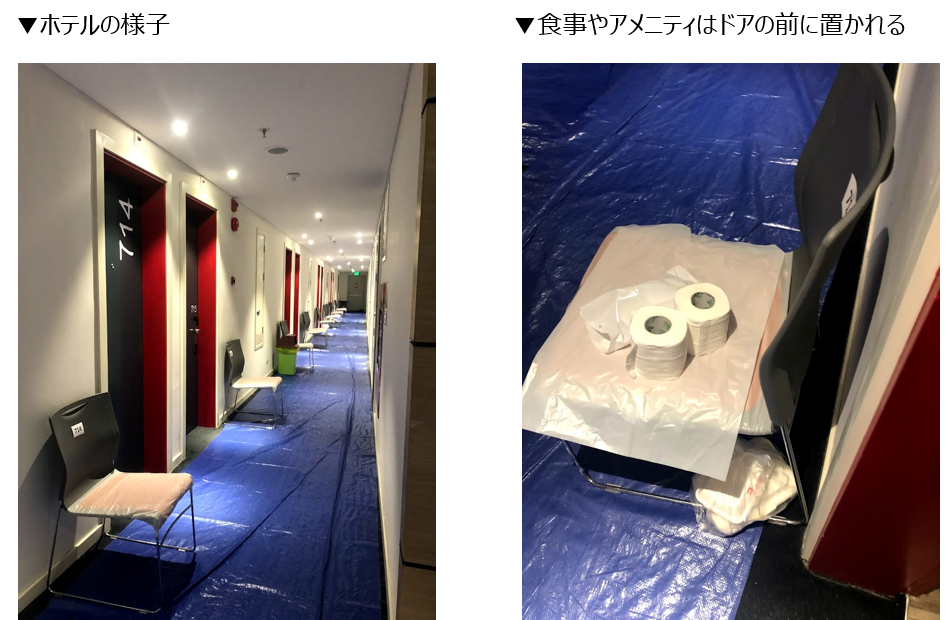
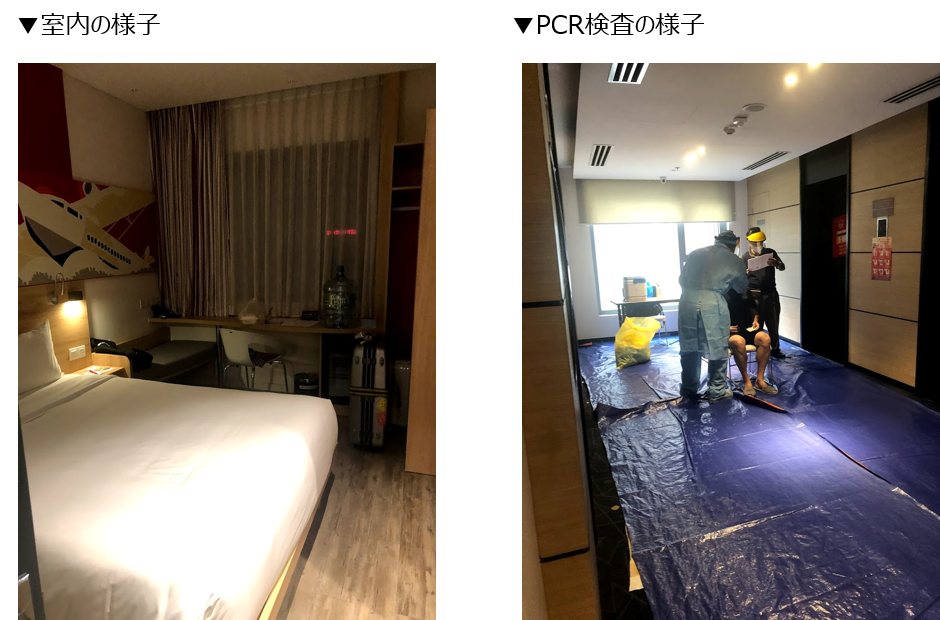
By the way, you can also order delivery, but only electronic payment was accepted to avoid contact.
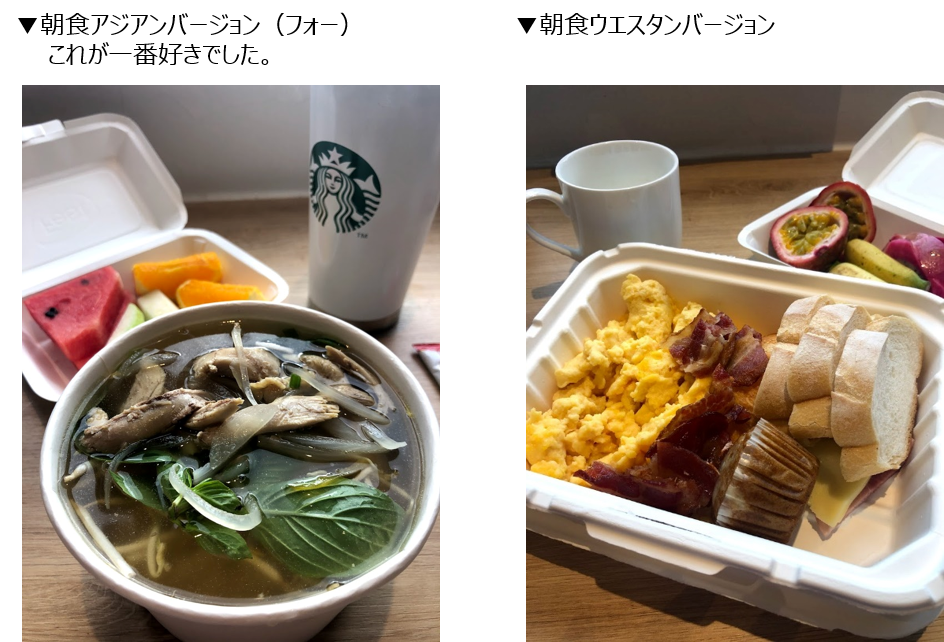
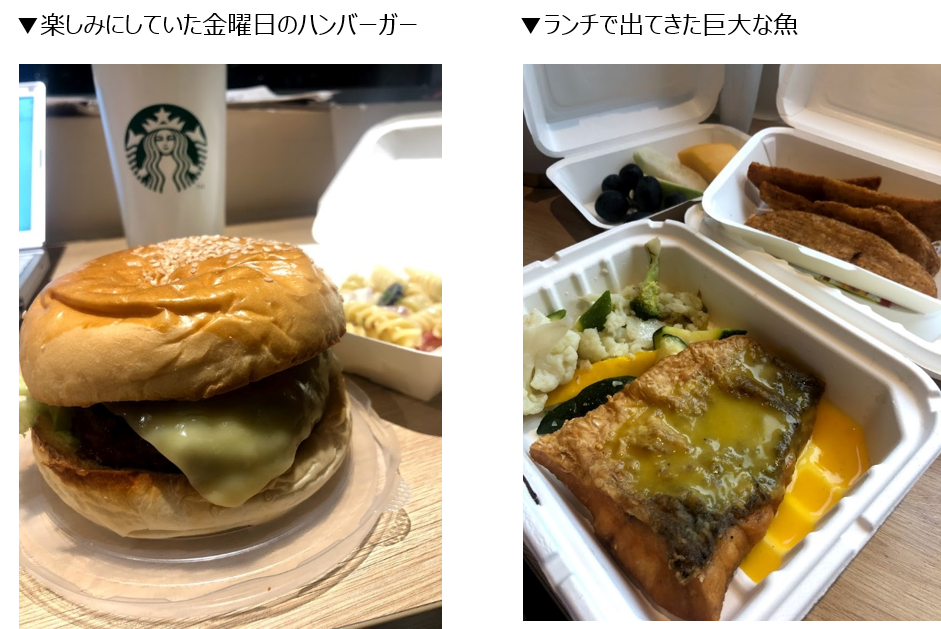
The things I was glad to have during the quarantine were
A small washing machine: I washed everything by hand except for towels. I recommend it because it is surprisingly difficult to wash clothes by hand.
Instant coffee (tea): I had to have caffeine to stay awake when I was in my room all day.
Salt, soy sauce, furikake (sprinkles): As long as I had these, I was fine even if the food didn't suit my palate.
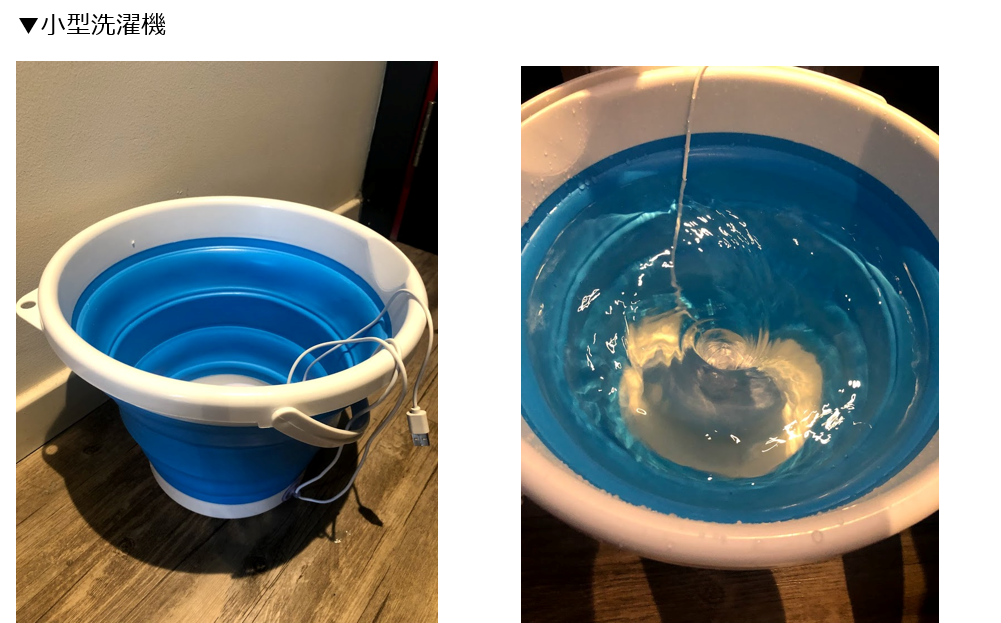
It seems that I will need to stay in quarantine for 14 days in a hotel (*7 days in a hotel + 7 days at home if I have a home in Vietnam) if I go on a long-term (14 days or more) business trip in the future.
However, following the Japan-Vietnam Summit held on October 19, it was announced that from November 1, isolation will no longer be required for short-term business trips (less than 14 days).
However, unless you are going out on a pre-approved business trip, you will need to stay in a quarantine facility (hotel).
It is announced that this will be effective from November 1, but it is not clear if this is actually being applied.
In the end, permission from the People's Committee of the province or city is required, so it is assumed that the response will differ depending on which province or city you are applying for.
The lack of clear regulations in this area, and the need to gather information and make inquiries on your own, is likely to be one of the factors that will make travel difficult in the future.
Reference: https://www.vn.emb-japan.go.jp/itpr_ja/20200731nyuukoku.html
Finally.
In Japan, there has been some easing, such as the elimination of quarantine for people from some countries entering the country for business purposes, but it will be a long time before we can freely travel back and forth to other countries.However, it will be a long time before we can freely travel abroad. As the number of business trips by our customers decreases, we are looking for new ways to visit them, such as online visits.
▼Online Visit
Interviewing people about points of interest while actually following where they spend their daily lives (behavioral observation + interview)
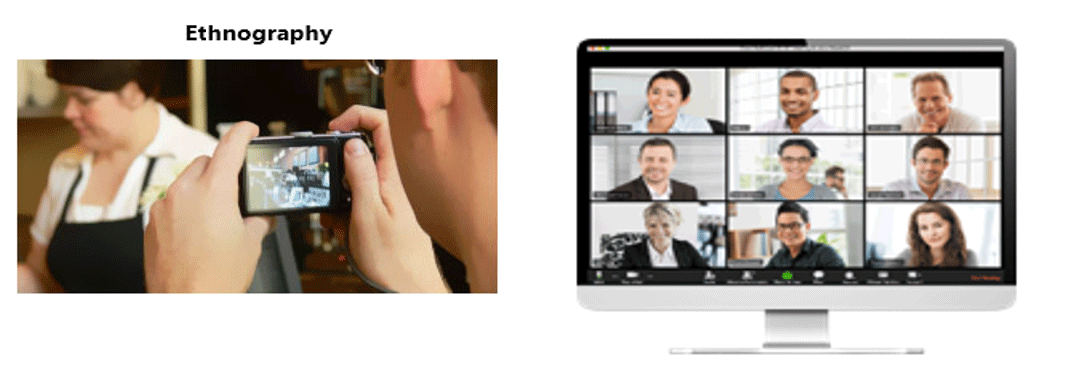
「WHAT VIETNAMESE PEOPLE DO DURING LOCKDOWN」
-
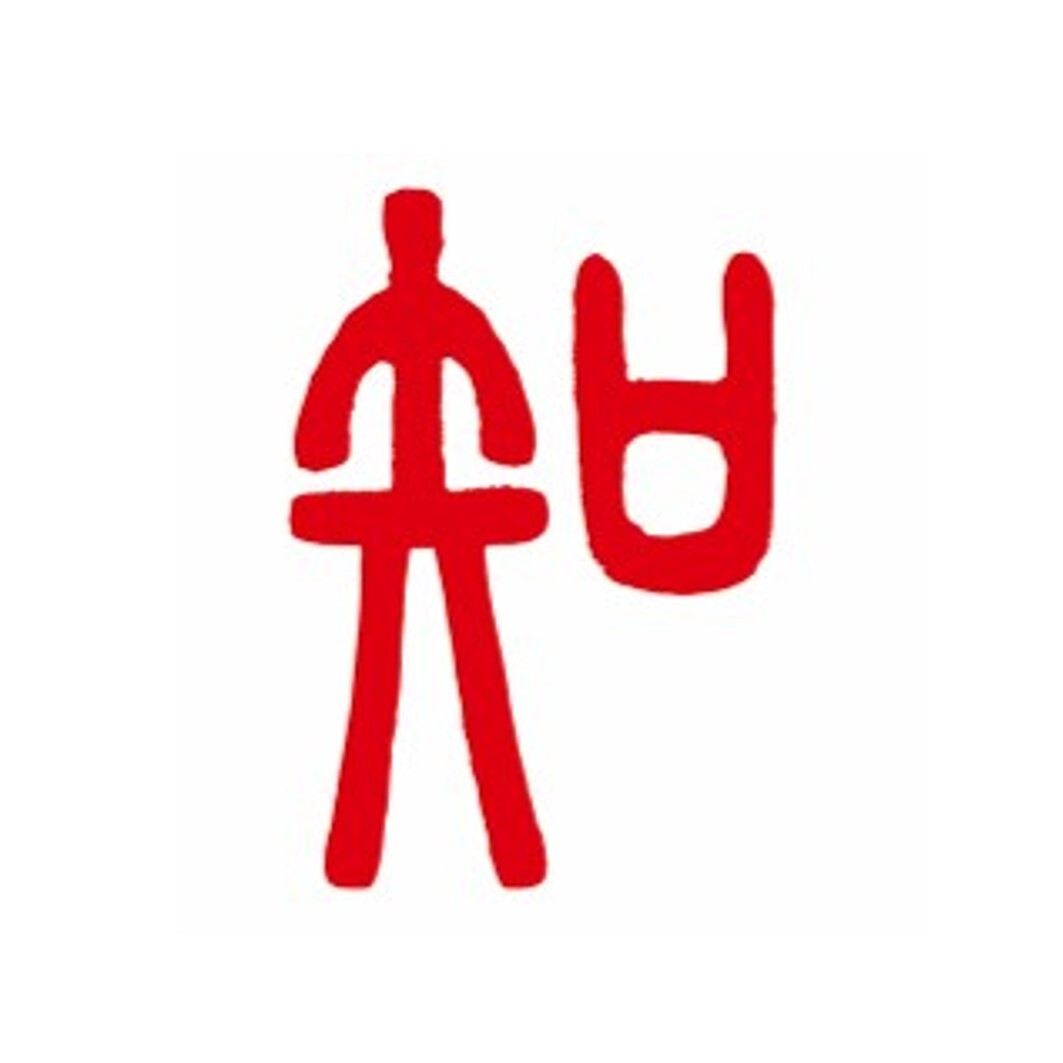
Author profile
Moe Sugiyama
Researcher who has lived in Vietnam for a month and a half. Mainly in charge of general consumer goods (food, beverages, etc.).
Currently observing supermarkets and malls and eating at local restaurants in order to get to know the local area. -

Editor profile
Intage Inc.
***
 Global Market Surfer
Global Market Surfer CLP
CLP